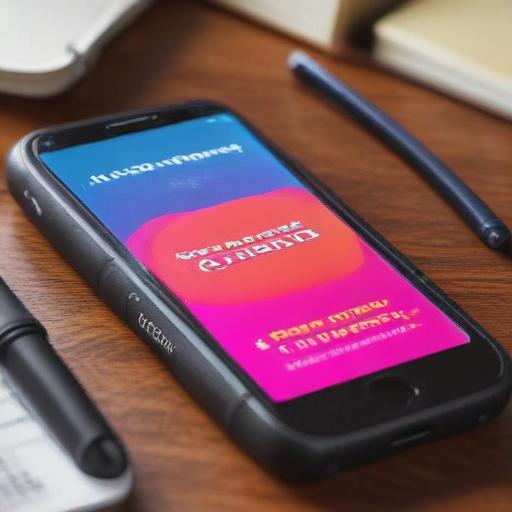Language is evolving faster than ever as phrases born on social media slip into everyday speech, and dictionaries are tightening their lids to record these shifts. Experts say terms like skibidi, tradwife, and delulu illustrate how online culture can become a mirror for broader social changes, even before they are formally defined in reference books.
Linguists emphasize that these words reflect common human impulses. Adam Aleksic, who shares linguistic insights under the handle Etymology Nerd and is the author of Algospeak: How Social Media Is Transforming the Future of Language, notes that such terms often reveal patterns in humor, traditionalism, or misperception. “At the heart of skibidi, tradwife and delulu, you see human tendencies to be funny, conservative or delusional,” he explains, adding that these labels tell us more about our own humanity than about any single phrase.
Tradwife—short for traditional wife—has a clear lineage. The Cambridge Dictionary editors began tracking it separately on YouTube and Instagram in 2018, and it began to be used as a single word around 2020. Today, the term is frequently invoked in discussions labeled as culture wars, typically as a shorthand for women who embrace traditional gender roles and share the day-to-day realities of that lifestyle online.
Wendalyn Nichols, a publishing manager at the Cambridge Dictionary who oversees the lexicography team, said the word’s rise over the past few years has been noticeable. She pointed out that while tradwife has gained traction in public discourse, dictionaries are not offering judgments—only documenting usage. “We observe and record; that is our job,” Nichols said. She also noted that dictionaries include challenging or even slur-like terms, but they are clearly labeled so learners know to handle them with care and awareness of context.
The broader point, linguists and lexicographers say, is that language tracks culture. Words spread through social platforms, become talking points in media and politics, and, over time, may cement themselves as ordinary vocabulary. The Cambridge team emphasizes that their role is to reflect how people actually speak and write, not to police every coinage.
What this means for readers is twofold: stay curious about new terms and consider their context before using them, especially when they touch on sensitive topics or identities. Dictionaries serve as historical records of language in motion, helping readers understand not just what a word means, but what it signals in society at large.
Summary: The article highlights how social media terms migrate into mainstream language, with experts stressing that lexicographers document usage to illuminate cultural shifts. Tradwife’s rise, in particular, shows how online discourse intersects with traditional gender roles in contemporary culture debates, while a cautious, nonjudgmental approach to new terms helps learners navigate an ever-changing linguistic landscape.
A hopeful note: this process underscores language as a living, creative force that captures evolving norms and conversations. By documenting trends transparently, dictionaries can help people better understand the social currents shaping our everyday speech and foster more informed, respectful dialogue online and offline.
